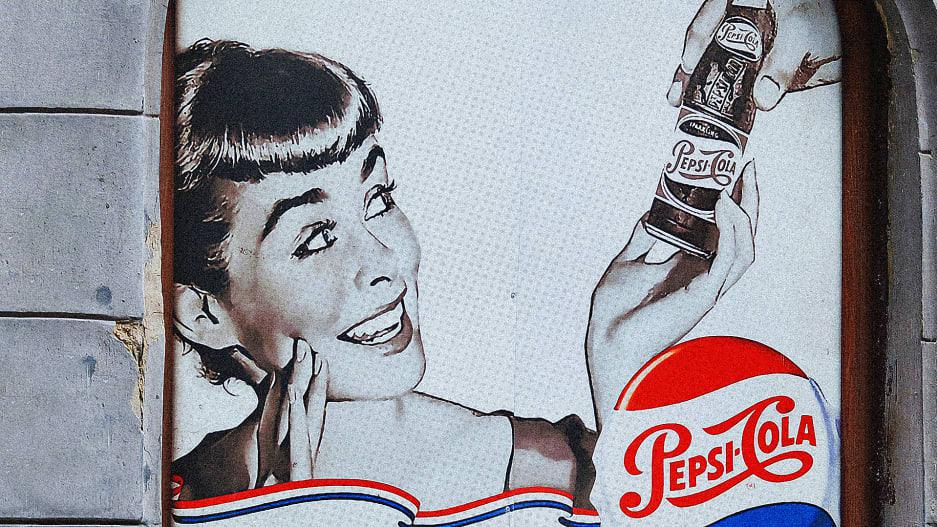Search
Popular Posts

Hundreds of women have shared horror stories, after brand strategist Zoe Scaman penned a letter exposing the sexual harassment and mistreatment she has endured in her two decades in the ad industry. Twelve years ago, advertising and brand strategist Zoe Scaman was sexually assaulted by her boss after he followed her into a washroom stall on a work night out. The next morning, while sitting six feet away, he sent her an email suggesting she “forget about last night,” because he had a wife and kids, as if what happened was either consensual or mutual. It was neither. Scaman told a few people about it, but the general response was that she shouldn’t “kick up a fuss” because “it wasn’t worth it.” That same man went on to become a client at her next agency job, where she often hide and cry when he was in the building. This is just one incident of many over the course of her career that Scaman details in a new essay. The founder of UK strategy studio Bodacious, has built a following on Twitter around her insights on consumer culture and brand strategy, and a resume that includes global advertising names like Droga5 and Universal McCann, as well as work on major brands like Adidas and Nike. On Sunday, she published the piece on her “Musings of a Wandering Mind” newsletter that has caused the ad industry to really sit up and take notice. Mad Men. Furious Women.” begins by chronicling a few of the incidents of sexual harassment, bullying, and gaslighting she has experienced over her 18-year career. The essay also includes a number of anonymous accounts from others. It paints a picture of an industry that sees itself as progressive and innovative, but still has a long way to go when it comes to the treatment of women in its ranks. We like to believe that misogyny and the mistreatment of women is a thing of the past, it is not,” she writes. “Instead it has morphed and evolved into something insidious; no longer overt and no longer a common occurrence carried out in public for all to see. Instead it’s moved behind the curtain where it operates in the shadows, in private messages, in whispered comments and in the deeply disturbing behaviour [SIC] many of us experience individually, quietly, and about which, due to fear of reproach or reprisal, we rarely share openly. ADVERTISEMENT The idea for the piece came out of a conversation with a fellow ad strategist she had just met, who made the move to London from New York.Within a few minutes we were warning each other about who to avoid in the different markets, and sharing horror stories,” Scaman tells Fast Company. “At one point we both sat there and said, ‘Hold on a second, what are we doing?’ We were shocked at that behavior, but it’s become so normalized for women, not just in advertising but most industries. I just found myself incensed that this had become normalized to the point where we didn’t question the fact we’re warning other women how to stay safe in their workplace. In late 2017, around the same time Hollywood was in the midst of its MeToo reckoning with allegations against Louis CK and Ashley Judd’s accusations against Harvey Weinstein, an anonymous Instagram account called Diet Madison Avenue began sharing accusations of sexual harassment and mistreatment in the ad industry. Diet Madison Avenue named names and called out executives who had recently been fired from major agencies. Former chief creative officer at The Martin Agency Joe Alexander sued both Diet Madison Avenue and his former employer, after he was fired following multiple sexual harassment complaints. The former suit was dismissed in 2020. Amid several other defamation suits, Diet Madison Avenue shut down its social accounts and website in May 2018. Scaman sees these incidents as just the tip of the iceberg. The ad industry was long known as a fun time boys club, one that closely reflected the grab-ass banter and darker undertones of the fictional hit TV show Mad Men. That sexism was apparent in the work. Taglines like “Is it always illegal to kill a woman? and Keep her where she belongs” were common in the 1960s, but still held a grip well into the 21st century. In more recent years, many brands and advertisers have begun to use the language of empowerment in their pitches, giving a false impression that misogyny, gender pay gaps, and other sexist behavior are relics of the past. In the last two days, Scaman has received hundreds of stories from women around the world, detailing their own traumatic experiences. Many others have taken to Twitter to retweet the newsletter and share stories.